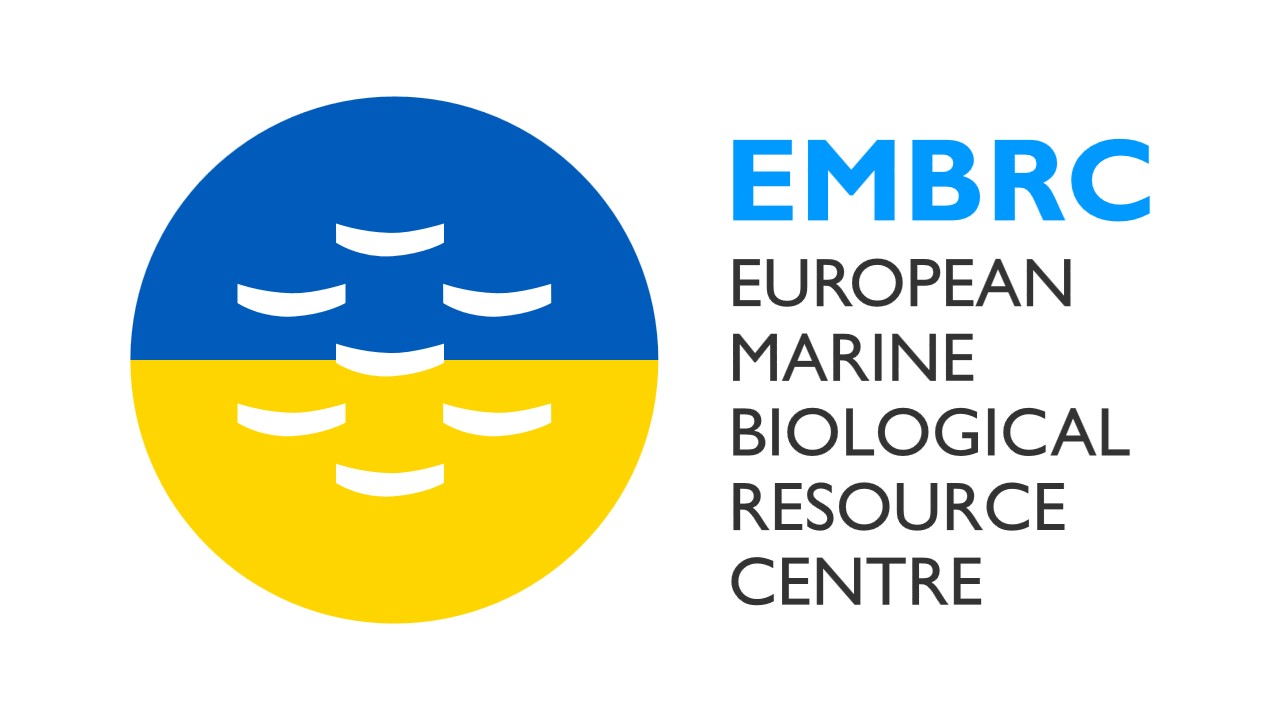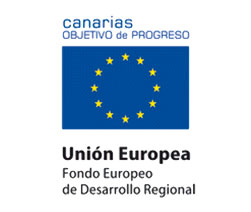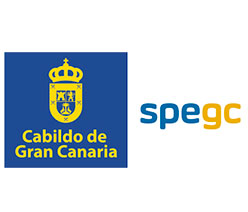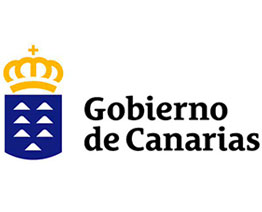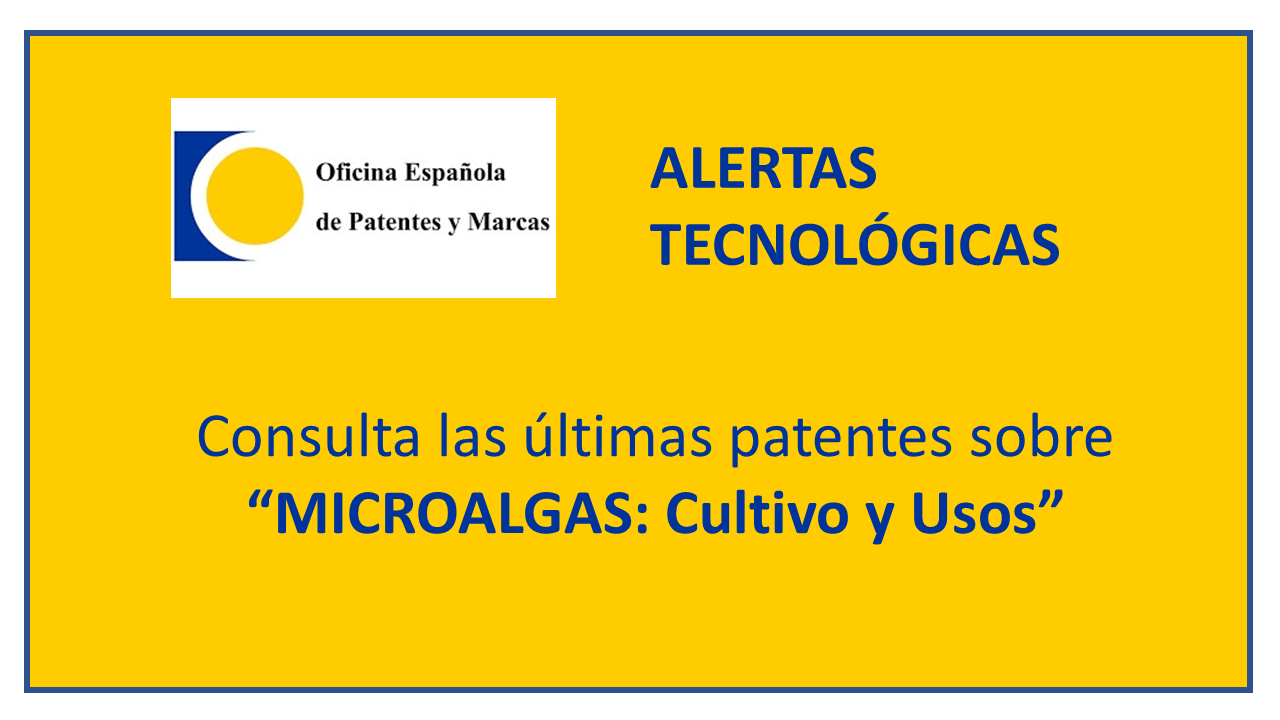Cookies policy
-
Data of the Responsible
In compliance with the provisions of the General Data Protection Regulation 679/2016 onwards (RGPD), the Organic Law 3/2018, of December 5, Protection of Personal Data and Guarantee of digital rights and Law 34/2002 of July 11, Services of the Information Society and Electronic Commerce (hereinafter LSSI), we inform you that the Responsible for the personal data processed on the Website www .fpct.ulpgc.es, is the TECHNOLOGICAL SCIENTIFIC PARK FOUNDATION OF THE UNIVERSITY OF LAS PALMAS DE GRAN CANARIA (hereinafter the Foundation), with registered office at C / Practicante Ignacio Rodríguez, s / n, Edificio Polivalente III, Campus de Tafira, CP: 35017, Las Palmas de Gran Canaria.
We inform you that this Website uses a technology called "Cookies" in order to facilitate Users' navigation, show them information of interest whenever they access our Website and improve the quality of our services. The User will be able to find in our Cookies Policy information about the type of Cookies we use, the purposes for which they are used and the options available to control or eliminate them. In the event that the User requires additional information about the Cookies that we use on the Website, they may use the contact form provided on the web, or send their inquiry to the email: This email address is being protected from spambots. You need JavaScript enabled to view it.
-
What are Cookies?
A Cookie is a file that is downloaded to your computer (computer or mobile device) that, among others, has the purpose of storing, updating and retrieving information about the browsing habits of a user or of your equipment and, depending on the information they contain and the way you use your equipment, they can be used to recognize the user and improve the service offered.
The information collected through Cookies may include the date and time of visits to the Website, the pages visited, the time spent on our Website and the actions taken, as well as the sites visited just before and after the visit. By using these devices, the Web server is allowed to remember some data concerning the user, such as their preferences for viewing the pages of that server, name and password, products that interest them most, etc.
-
Cookies affected by the regulations and excepted cookies
The cookies that require the informed consent of the user are analytical cookies and advertising and affiliation cookies, excepting those of a technical nature and those necessary for the operation of the website or the provision of services expressly requested by the user.
-
What types of cookies exist?
About the types of cookies, there are five large groups:
- Analytical cookies: they collect information on the use made of the website.
- Social cookies: are those necessary for external social networks.
- Affiliate cookies: they allow you to track visits from other websites, with which the website establishes an affiliation contract (affiliate companies).
- Advertising and behavioral cookies: they collect information about the user's preferences and personal choices (retargeting).
- Technical and functional cookies: they are strictly necessary for the use of the website and for the provision of the contracted service.
-
Cookies used on this website
- Own cookies: These are those that are sent to the user's terminal equipment from a computer or domain managed by the editor itself and from which the service requested by the user is provided.
- Session cookies: They are a type of cookies designed to collect and store data while the user accesses a web page. They are not stored on the user's machine; disappear when the session ends.
- Third-party cookies: These are those that are sent to the user's terminal equipment from a computer or domain that is not managed by the publisher, but by another entity that processes the data obtained through cookies.
- Persistent cookies: They are a type of cookies in which the data is still stored in the user's terminal after the session ends and can be accessed and processed during a period defined by the person responsible for the cookie, which can range from a few minutes to several years.
- Analysis cookies: These are those that are well treated by us or by third parties, allow us to quantify the number of users and thus carry out the measurement and statistical analysis of the use made by users of the service offered. For this, your browsing on our website is analyzed in order to improve the offer of products or services that we offer you.
The Fundación Canaria Parque Científico Tecnológico de la ULPGC uses the services of a third party, including cookie technology, to measure its audience. Specifically, it uses Google Analytics services.
- _jvlayout [hash] style [hash] oldstyle : technical and strictly necessary cookie that contains the identifier of the session. It is removed when the browser is closed.
- _lang : technical and strictly necessary cookie that contains the language of the session. It is removed when the browser is closed.
- cookie_consent-status : technical and strictly necessary cookie that contains the value of whether the installation of cookies has been accepted. It expires in 1 year from the last update.
- VISITOR_INFO1_LIVE : a cookie that YouTube sets that measures its bandwidth to determine if it gets the new interface of the player or the old one.
- YSC: a cookie that YouTube sets to store a unique user ID.
- _ga : Google Analytics cookie that enables the control of unique visits. The first time a user enters the website through a browser, this cookie will be installed. When this user re-enters the web with the same browser, the cookie will consider that it is the same user. Only in the event that the user changes their browser, it will be considered another user. It expires 2 years from the last update.
- _gat : This cookie is associated with Google Analytics Universal. It is used to limit the request speed - limiting the collection of data on high-traffic sites. Expires after 10 minutes.
- _utma : Google Analytics cookie that records the date of the first and last time the user visited the website. It expires 2 years from the last update.
- _utmb : Google Analytics cookie that records the time of arrival at the website. It expires 30 minutes after the last update.
- _utmc : Google Analytics cookie used for interoperability with the urchin.js tracking code. It is removed when the browser is closed.
- _utmt : Google Analytics cookie. This cookie is used to process the type of request requested by the user. It expires at the end of the session.
- _utmv : Google Analytics cookie. This cookie is used to segment demographic data. It expires at the end of the session.
- _utmz : Google Analytics cookie that stores the traffic source or a campaign to explain how the user reached the website. It expires 6 months after the last update.
-
Revocation of consent to install cookies how to delete browser cookies
Chrome
- 1. Select the Tools icon
- 2. Click Settings.
- 3. Click Show Advanced Options.
- 4. In the "Privacy" section click on Content settings. • Delete cookies:
- Click on All cookies and site data… • Do not allow cookies to be stored.
- 5. Click Clear browsing data (empty Cache).
- 6. Close and restart the browser.
For more information about Chrome, click here: http://support.google.com/chrome/answer / 95647? Hl = es
Internet Explorer. Version 11
- 1. Select Tools | Internet options.
- 2. Click the General tab.
- 3. In the "Browsing history" section, click Delete browsing history on exit.
- 4. Select Delete files.
- 5. Select Delete cookies.
- 6. Click Delete.
- 7. Click OK.
- 8. Close and restart the browser.
For more information about Internet Explorer, click here: http://windows.microsoft.com/es-419/windows7/how-to-manage-cookies-in-internet-explorer-9
Firefox. Version 18
- 1. Select Firefox | History | Clear recent history.
- 2. Next to "Details", click the down arrow.
- 3. Select the following check boxes: Cookies, Cache, Active session starts
- 4. Using the "Time interval to erase" in the drop-down menu, select All.
- 5. Click Delete now.
- 6. Close and restart the browser. You can accept or reject cookies individually in Firefox Preferences, in the History section available in Tools & gt; Options & gt; Privacy. For more information about Mozilla Firefox, click here: https://www.mozilla.org/es-ES/ privacy / websites / # cookies
Safari Version 5.1
- 1. Select the Safari / Edit icon | Restore Safari.
- 2. Select the following check boxes: Clear history, Delete all website data
- 3. Click Reset.
- 4. Close and restart the browser. For more information about Safari click here: http://support.apple.com/kb/PH5042
Opera
Options - Advanced - Cookies. The cookie options control the way in which Opera handles them and therefore their acceptance or rejection.
For more information about Opera, click here: http://help.opera.com/Linux /10.60/es-ES/cookies.html
Other browsers: Consult the documentation of the browser you have installed.
-
When do I give my consent for the use of cookies?
When the User accesses our Website and before starting navigation, he is warned about the use of Cookies so that he can give his consent in relation to our Cookies Policy by accepting or rejecting in the window informative. You can also configure them.
However, keep in mind that, in most cases, deleting or disabling Cookies could affect the functionality of our Website and limit your access to certain areas or services offered through it. .






